Ceramic Material Datasheets
Precision Ceramics offers a wide range of advanced technical ceramic materials. We provide high performance customized ceramic solutions for the most demanding environments and applications. On this page, you can find the ceramic material datasheets that include the information and specifications for the majority of our ceramic materials.
Alumina (Al2O3) – CeramAlox™
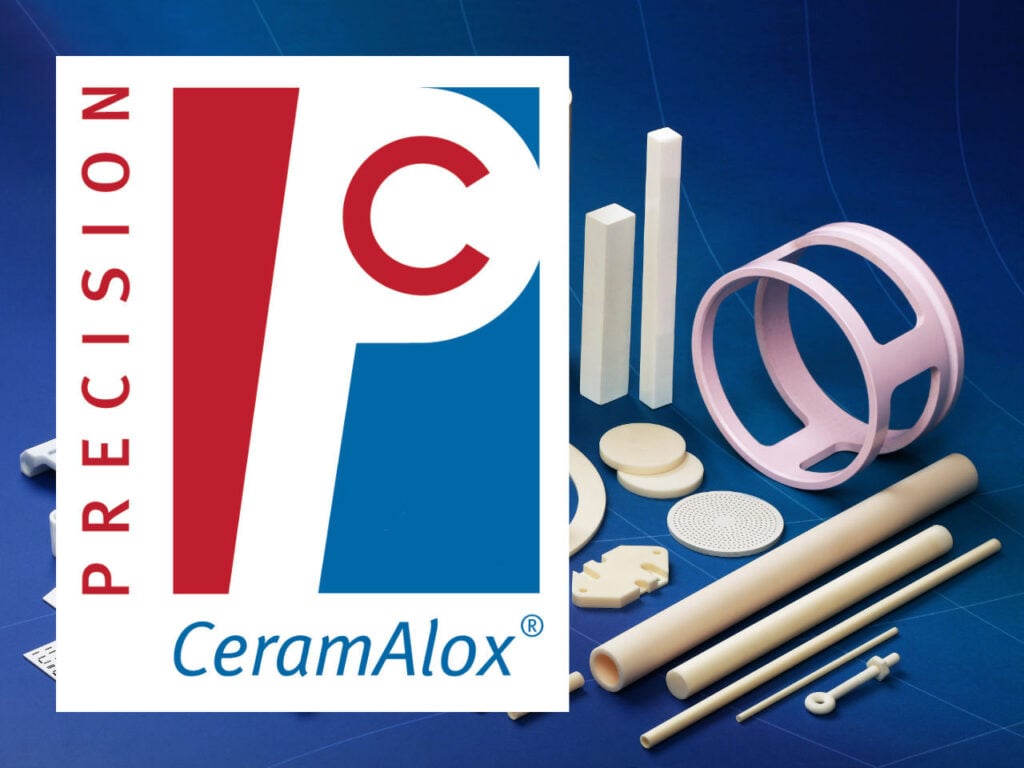
Alumina
All Grades CeramAlox
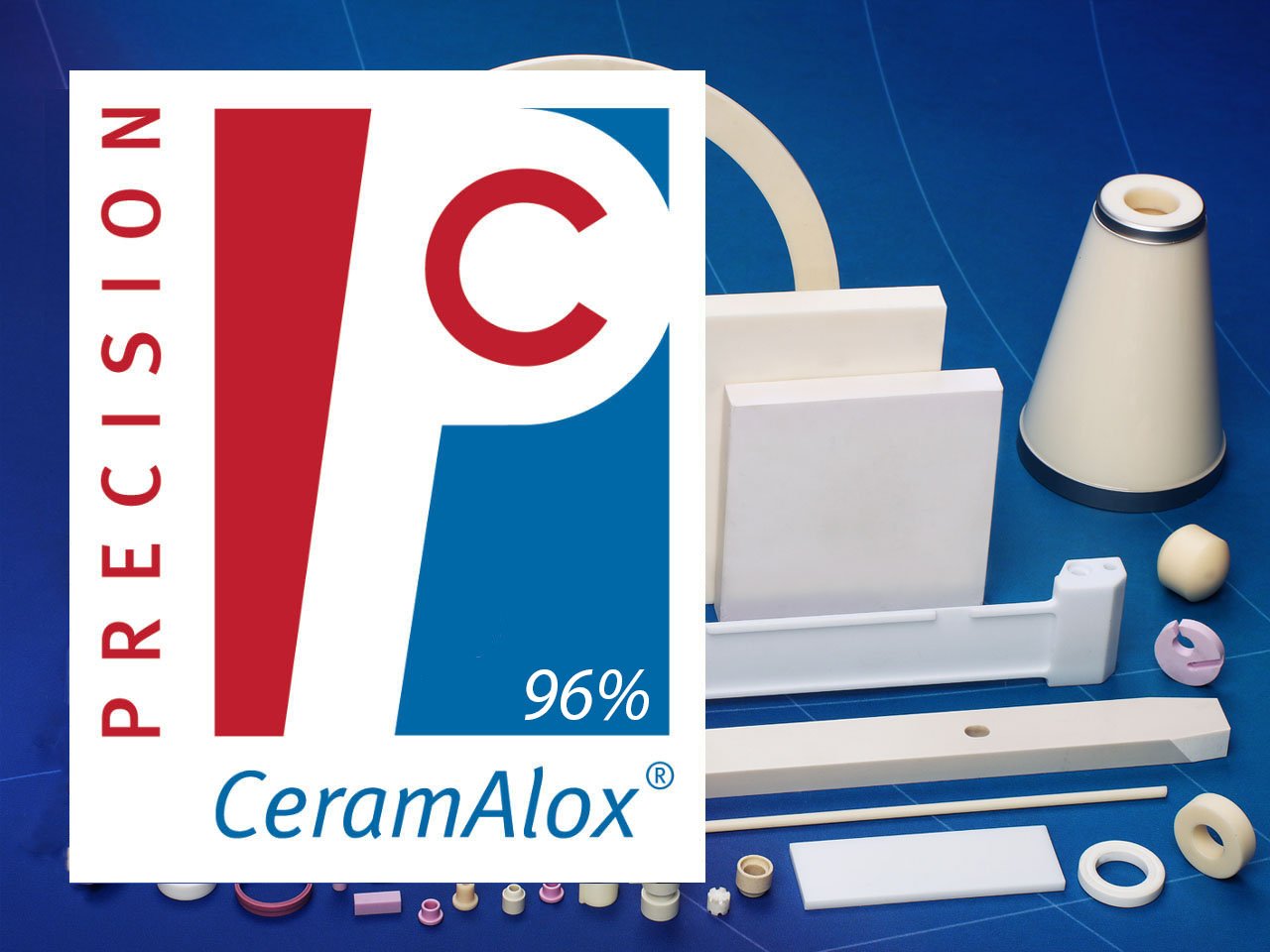
Alumina
96% CeramAlox
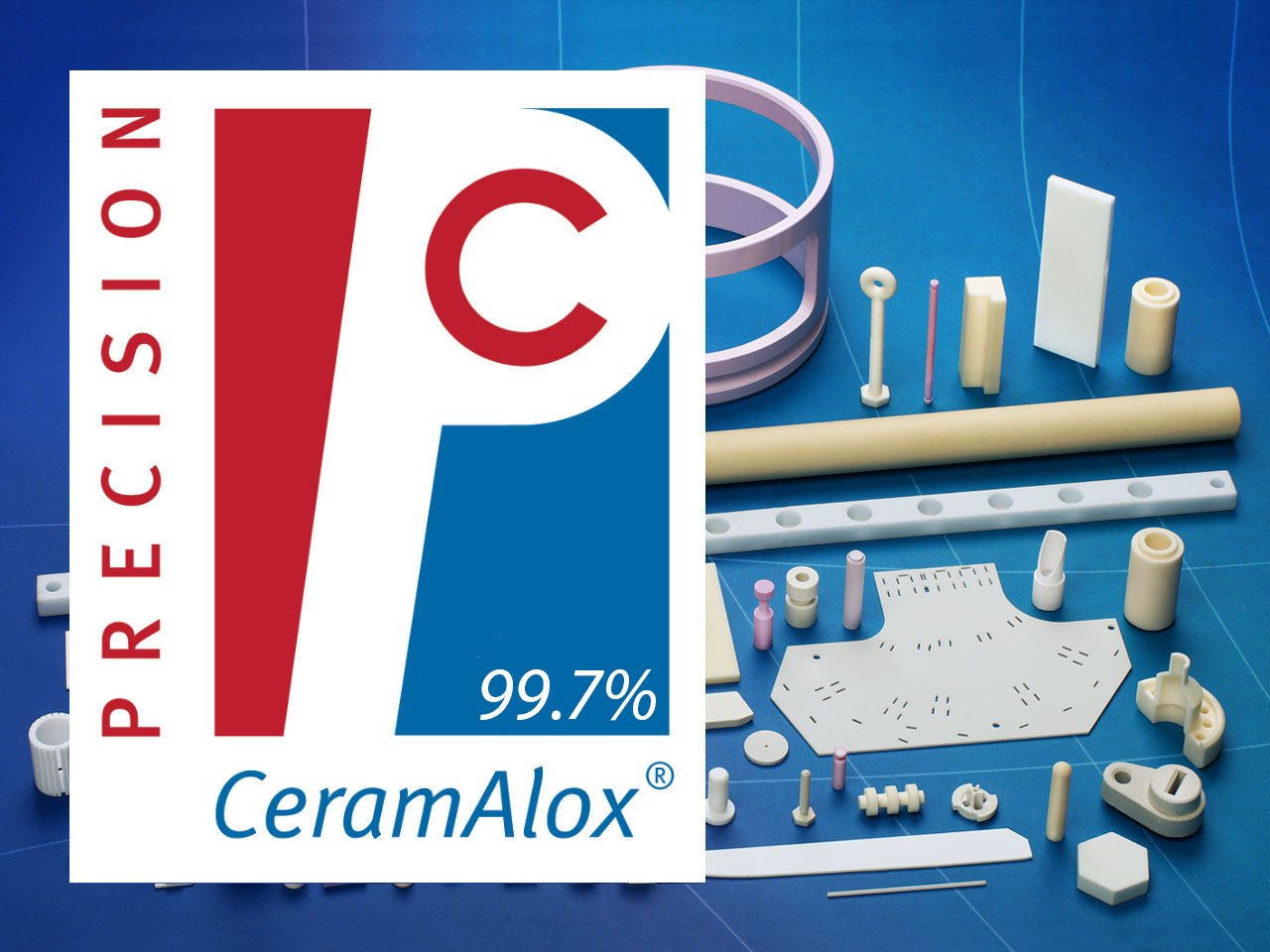
Alumina
99.7% CeramAlox
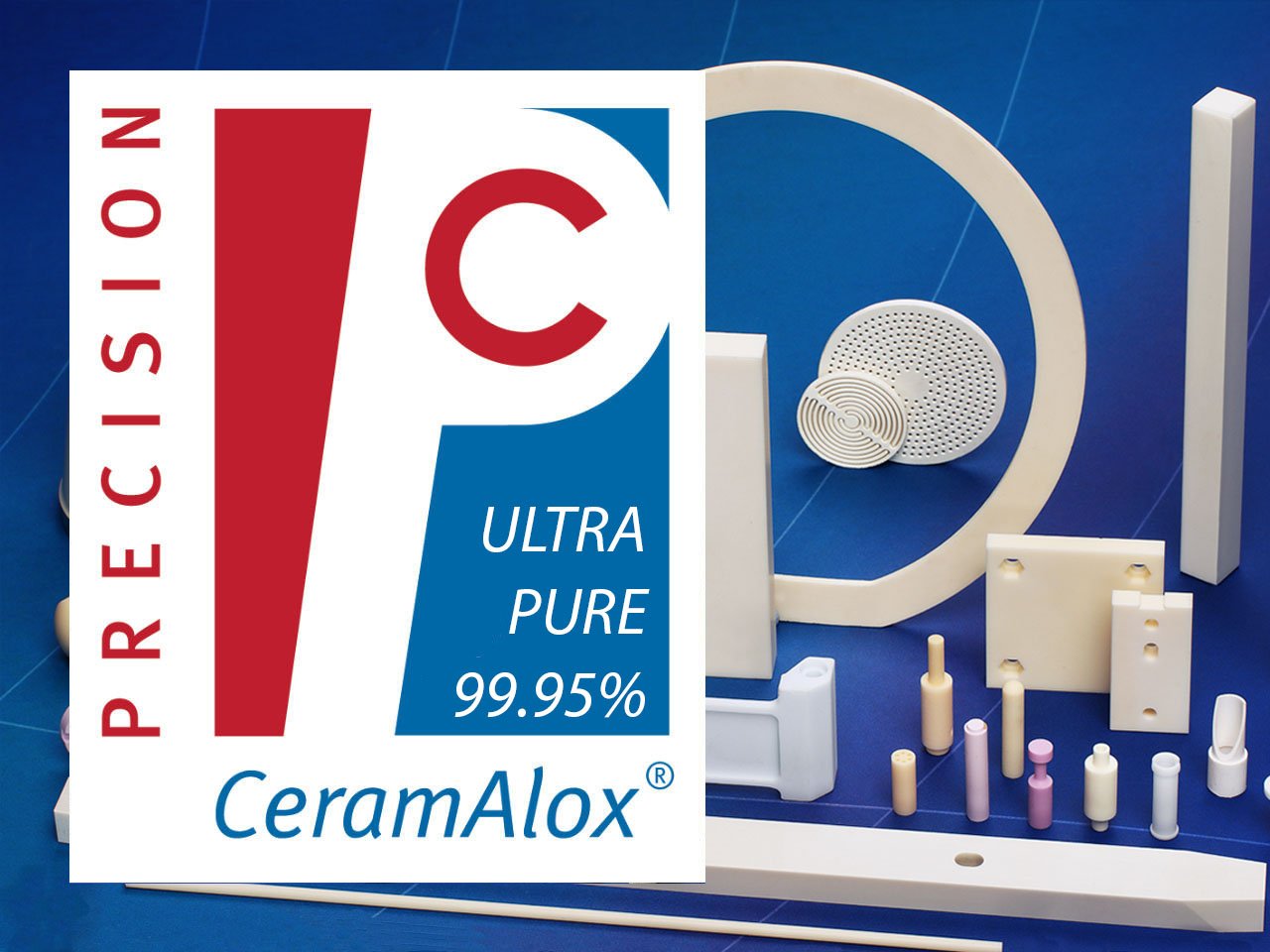
Alumina
99.95% CeramAlox Ultra Pure
Aluminum Nitride (AlN) – CeramAlum™
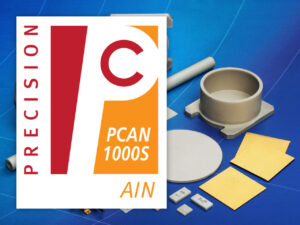
Aluminum Nitride
PCAN1000S Substrate
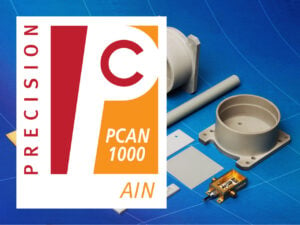
Aluminum Nitride
PCAN1000
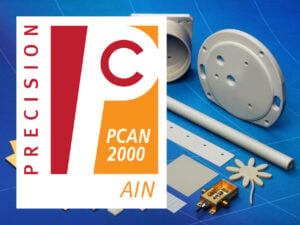
Aluminum Nitride
PCAN2000
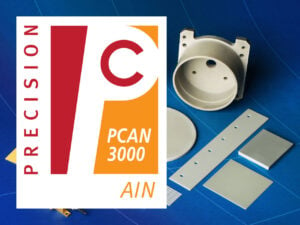
Aluminum Nitride
PCAN3000
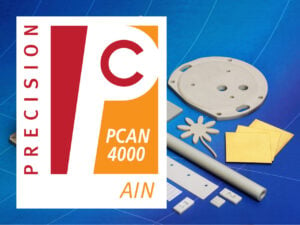
Aluminum Nitride
PCAN4000
Shapal Hi M Soft™
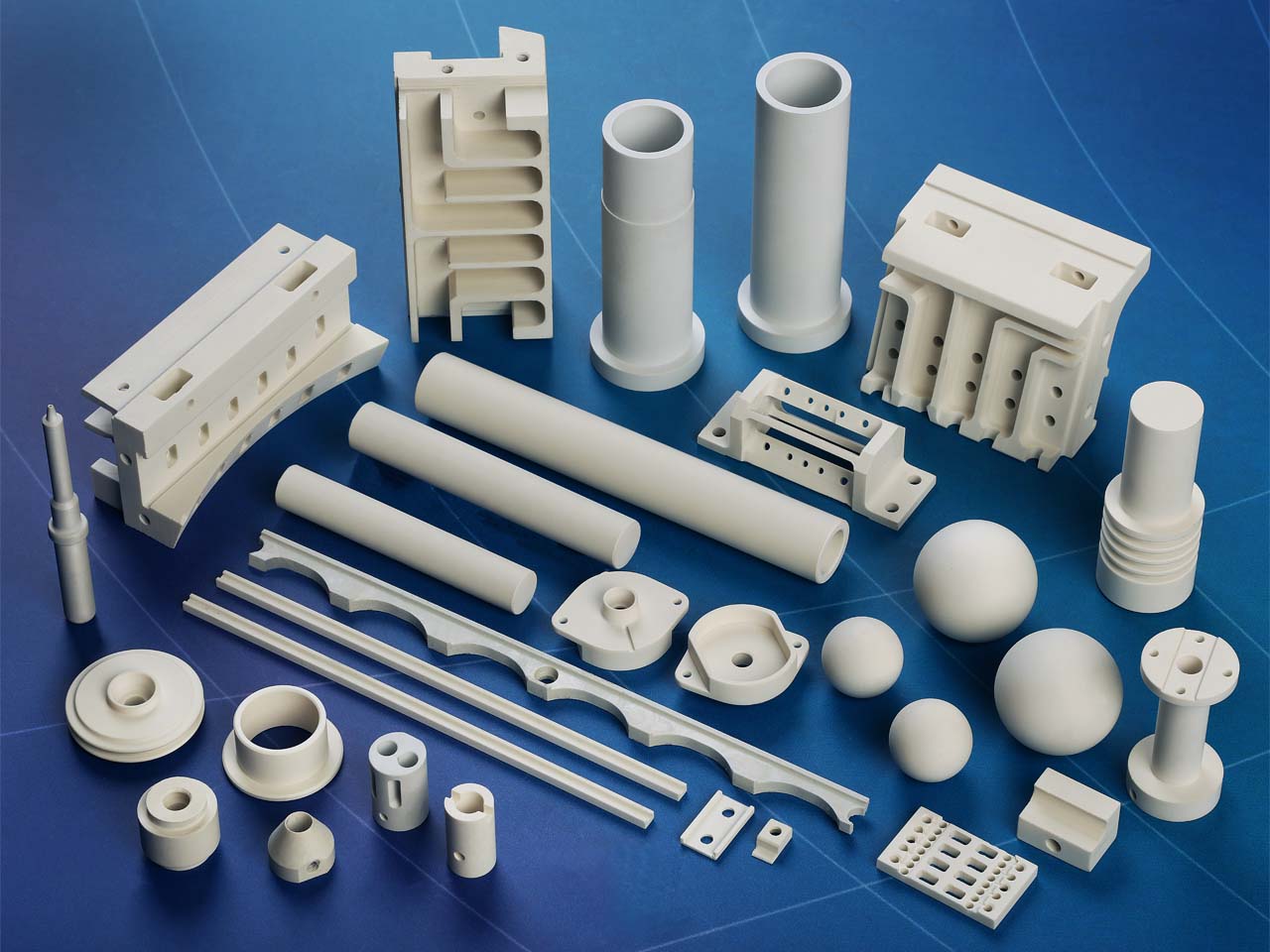
Shapal Hi M Soft™
Machinable Aluminum Nitride
Boron Nitride (BN)
All Grades
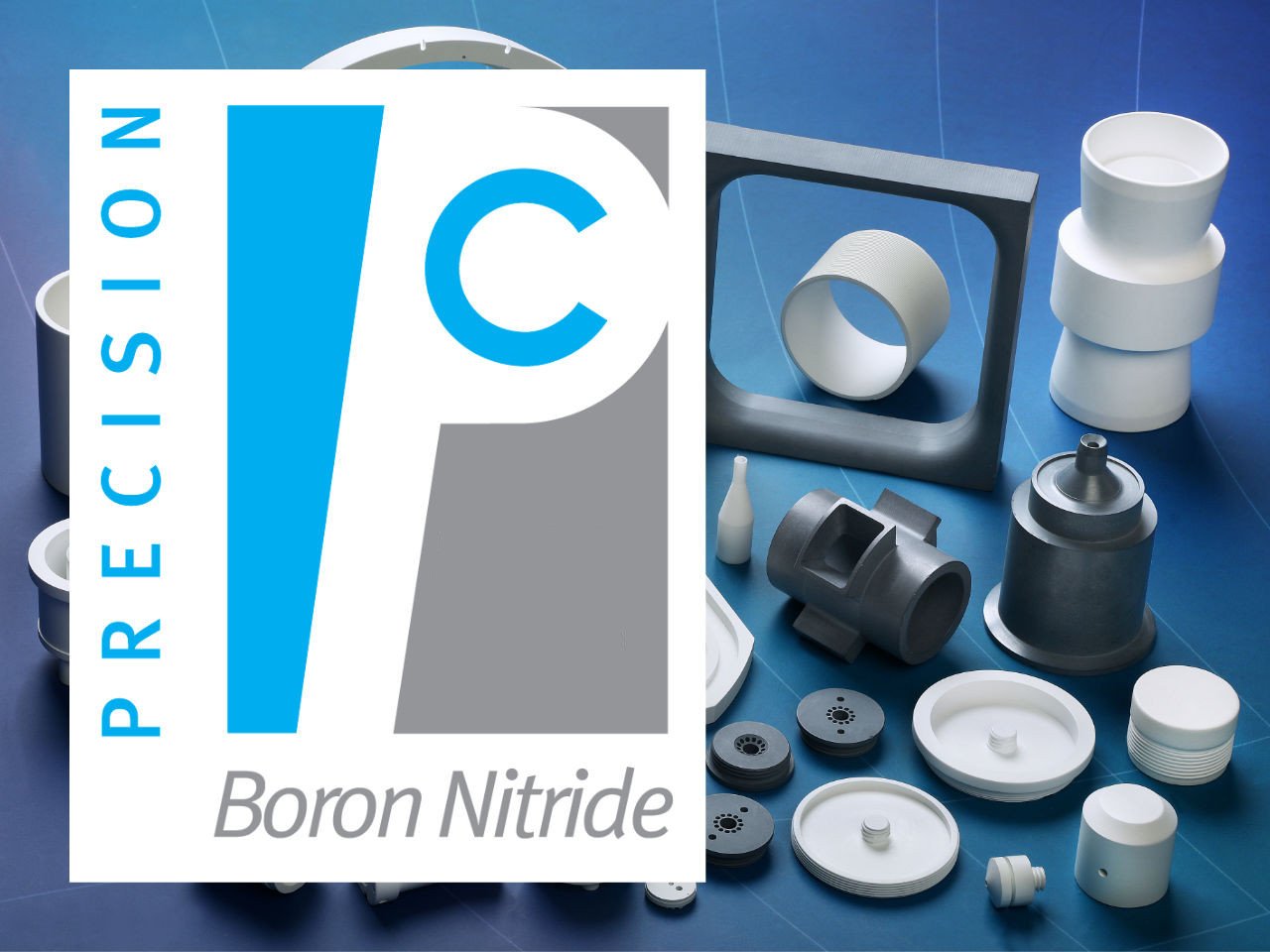
Boron Nitride
All Grades
Pure Grades
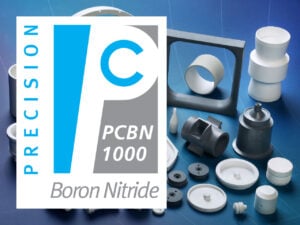
Boron Nitride
PCBN1000
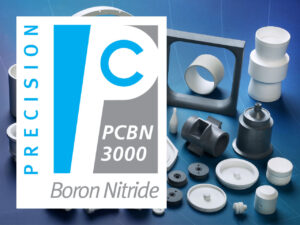
Boron Nitride
PCBN3000

Boron Nitride
PCBN6000
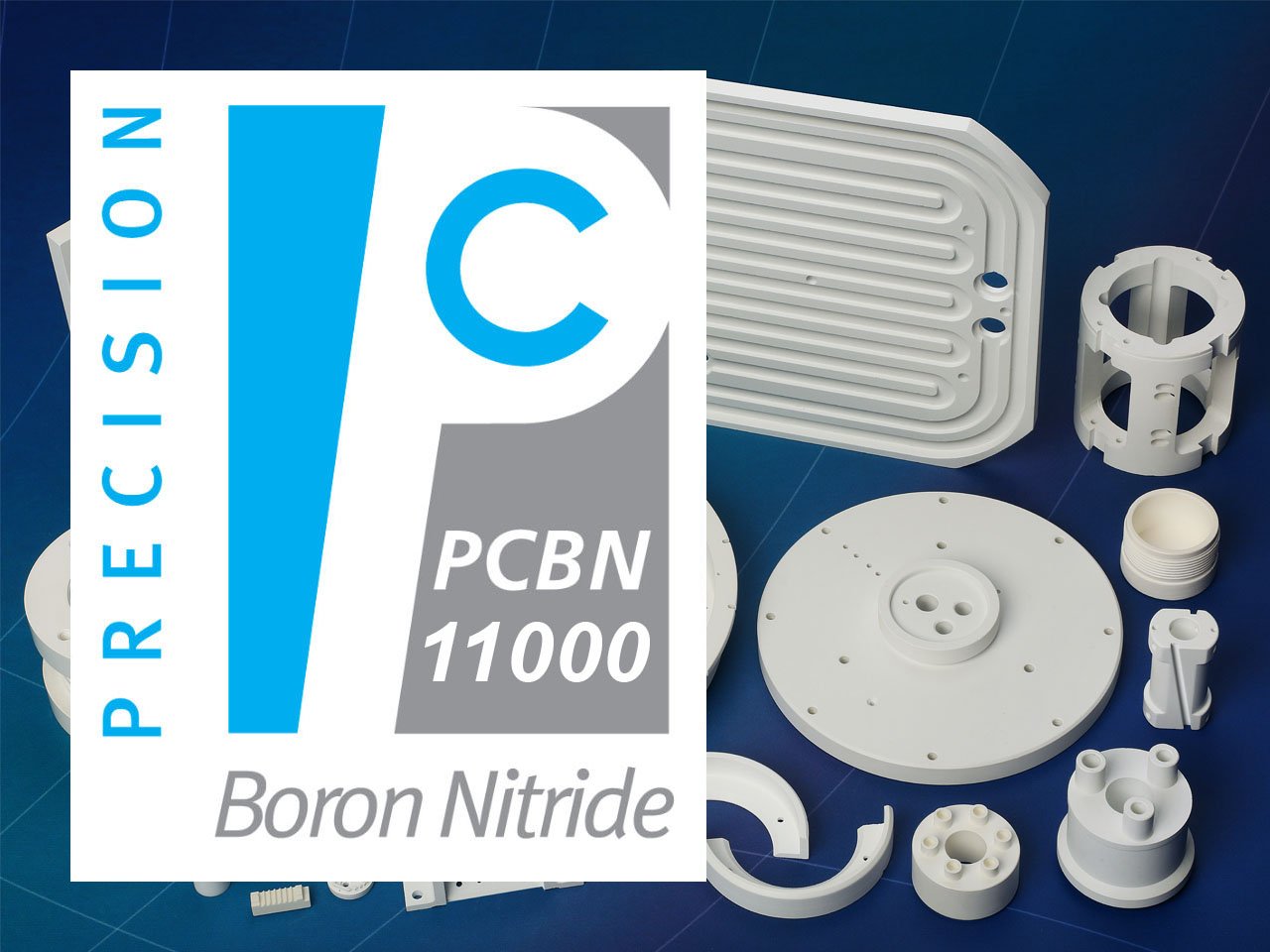
Boron Nitride
PCBN11000
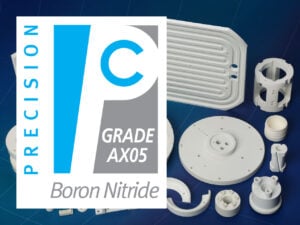
Boron Nitride
Grade AX05
Binder / Composite Grades

Boron Nitride
PCBN2000
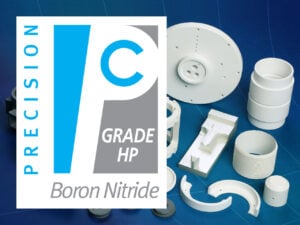
Boron Nitride
Grade HP
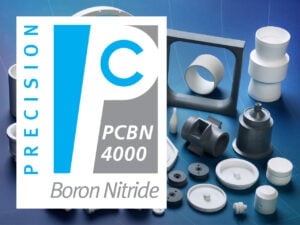
Boron Nitride
PCBN4000
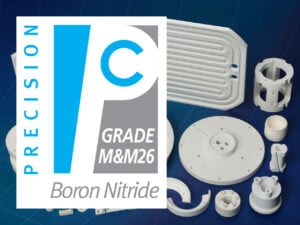
Boron Nitride
Grade M & M26
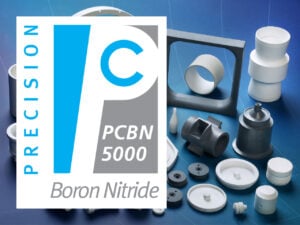
Boron Nitride
PCBN5000
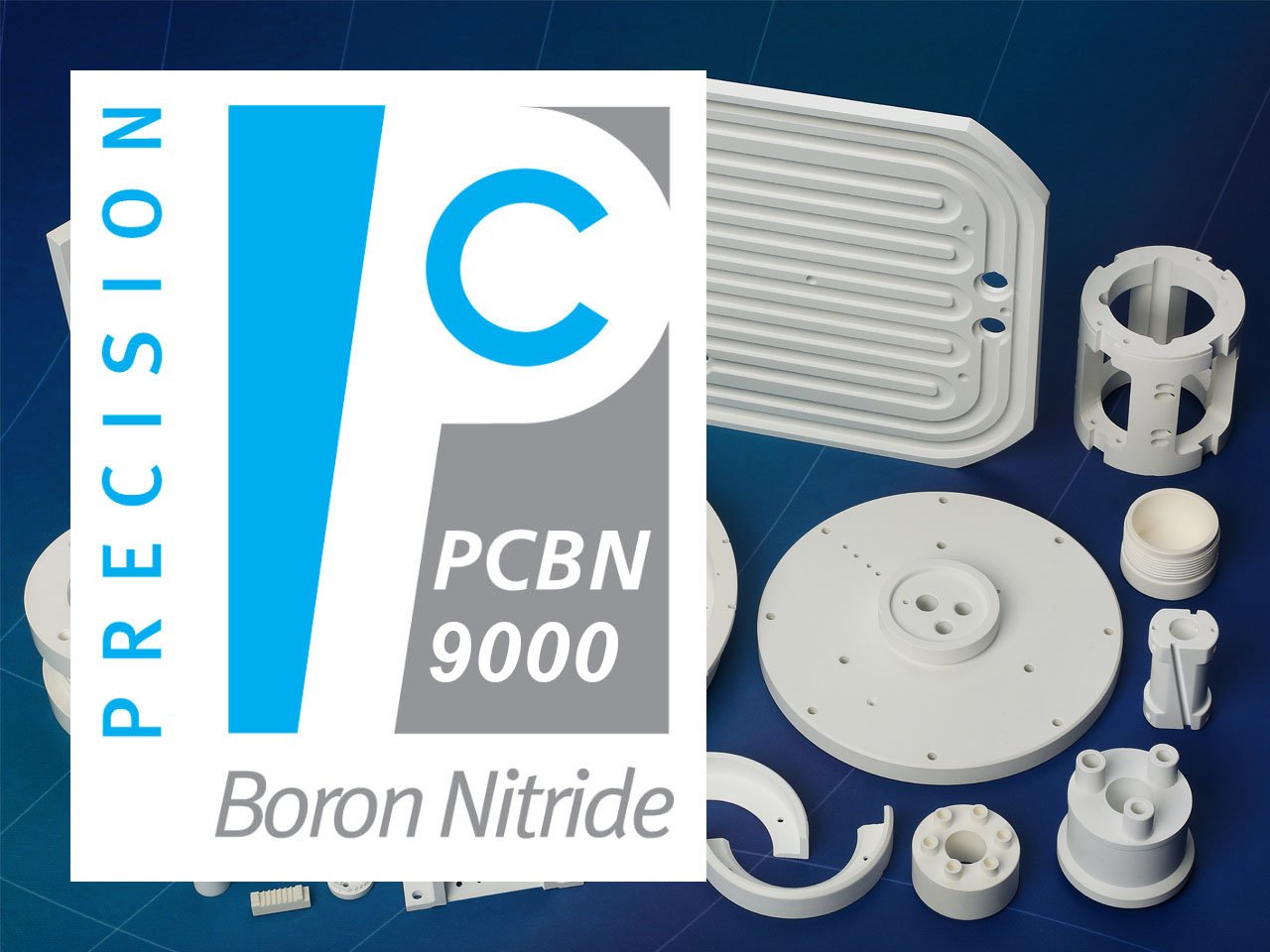
Boron Nitride
PCBN9000
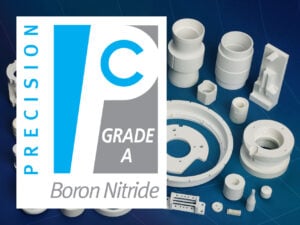
Boron Nitride
Grade A
Mechanical Grades
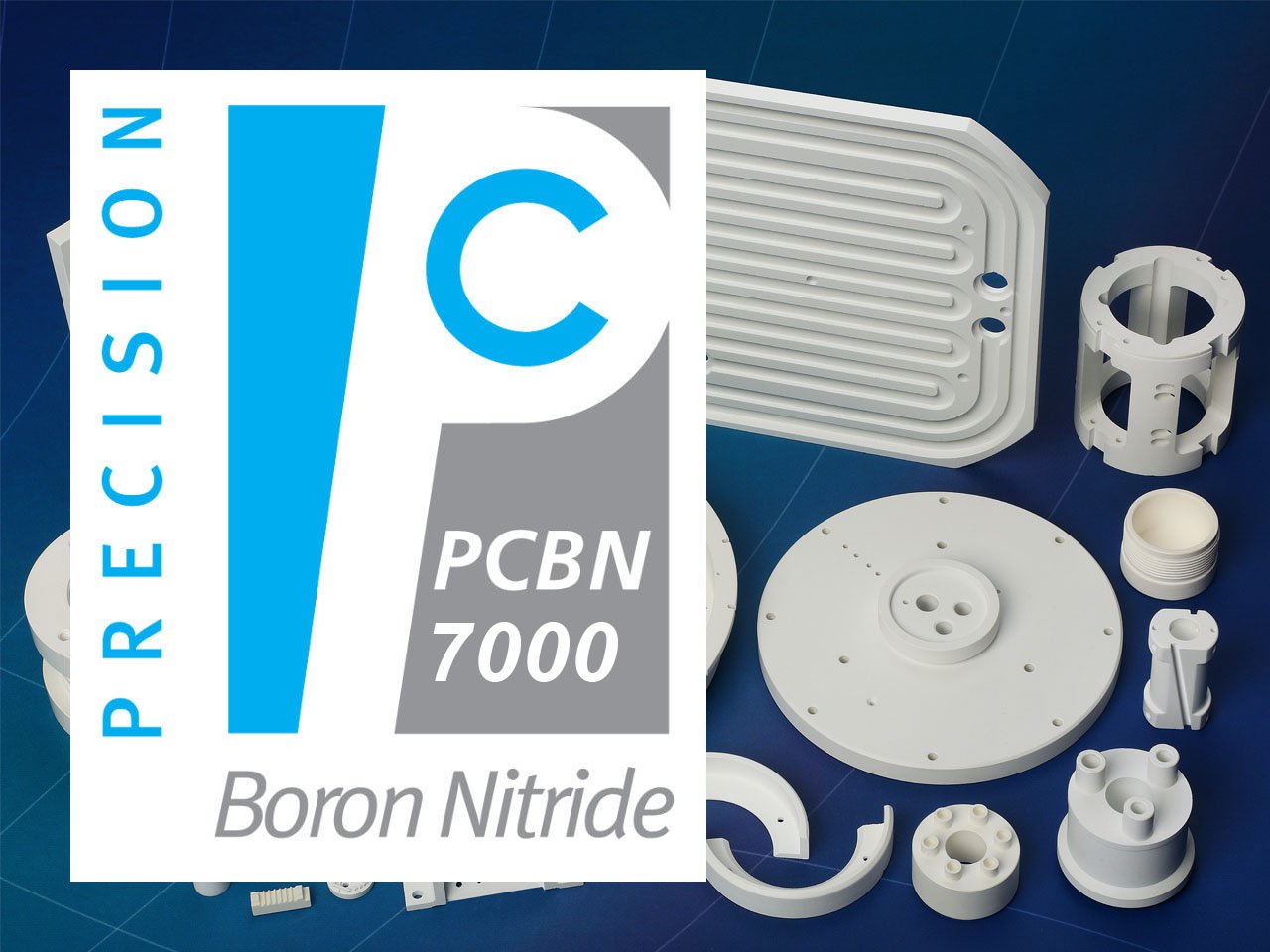
Boron Nitride
PCBN7000
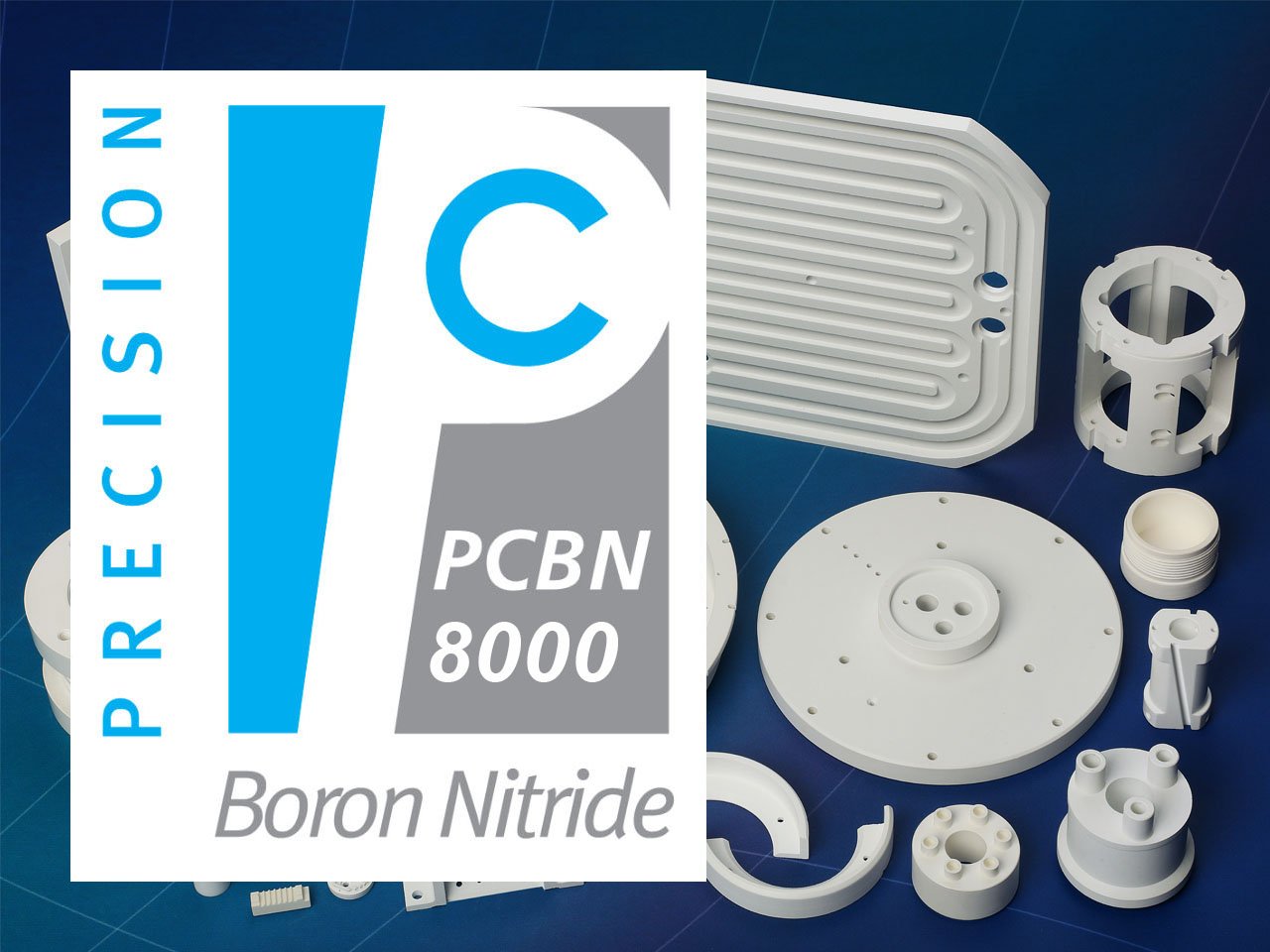
Boron Nitride
PCBN8000
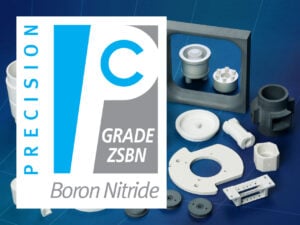
Boron Nitride
Grade ZSBN
Boron Carbide / Silicon Carbide (B4C-SiC) – DuraShock™ & DuraWear™
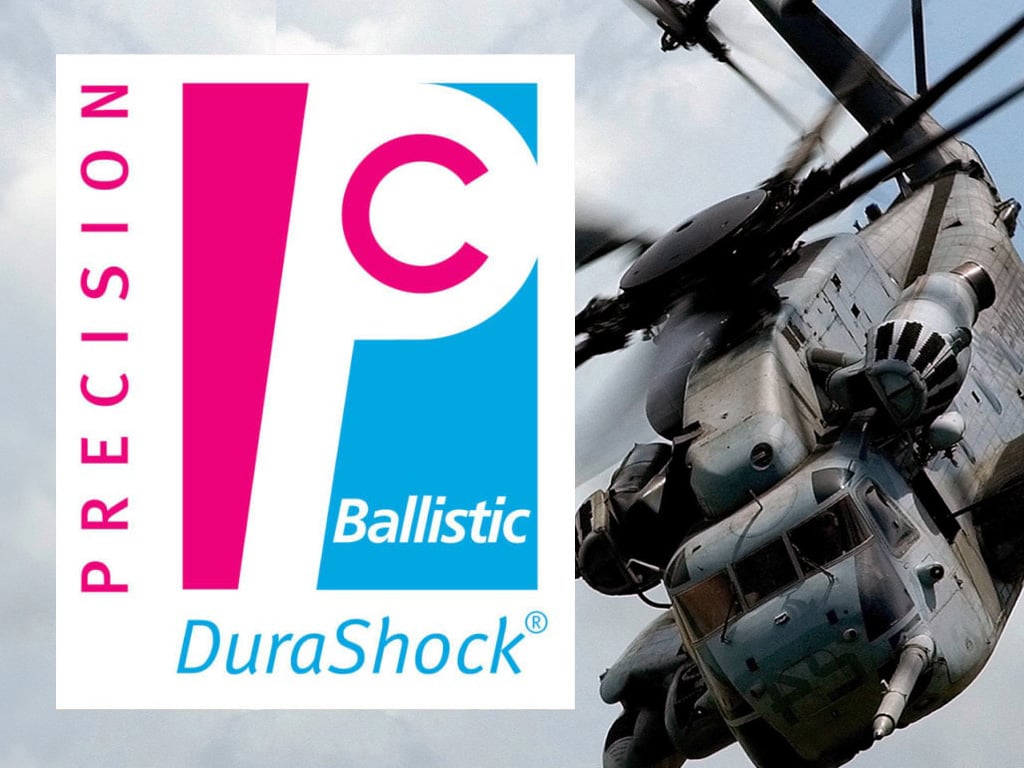
Boron Carbide / Silicon Carbide Composite
DuraShock
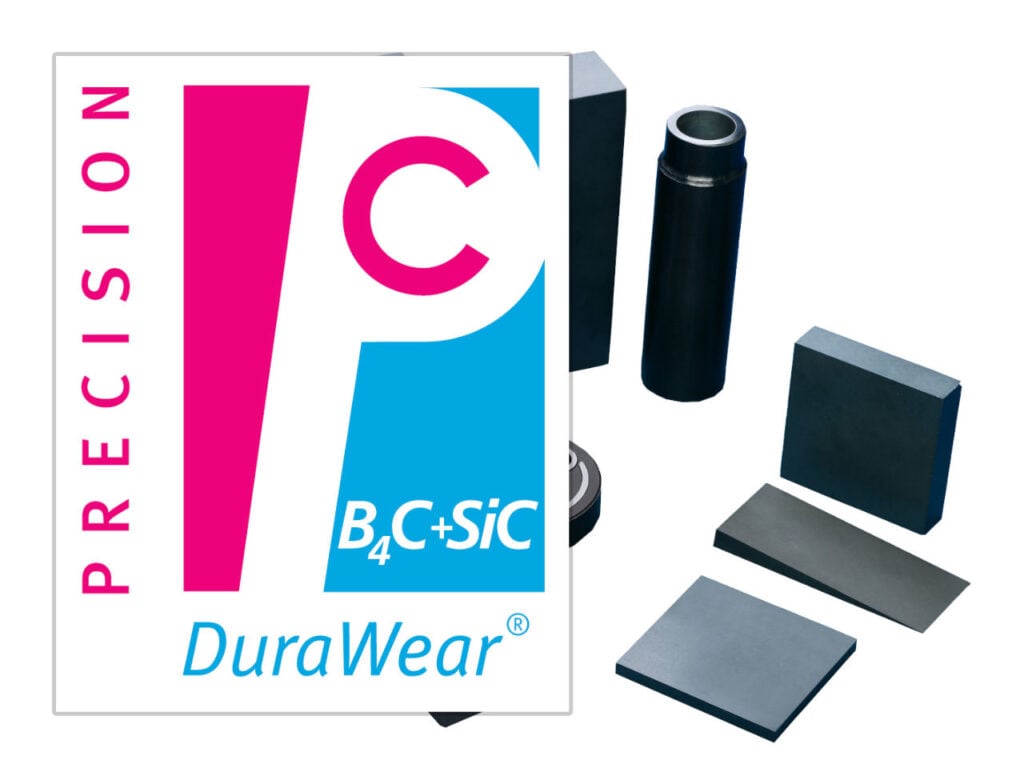
Boron Carbide / Silicon Carbide Composite
DuraWear
Silicon Carbide (SiC) – CeramaSil-C™
Silicon Carbide
CeramaSil-C
Silicon Nitride (Si3N4) – CeramaSil-N™
Silicon Nitride
CeramaSil-N
Silicon Nitride
PCSN1000
Silicon Nitride
PCSN2000
Silicon Nitride
PCSN3000
Silicon Nitride
PCSN4000
Macor ® – Machinable Glass Ceramic
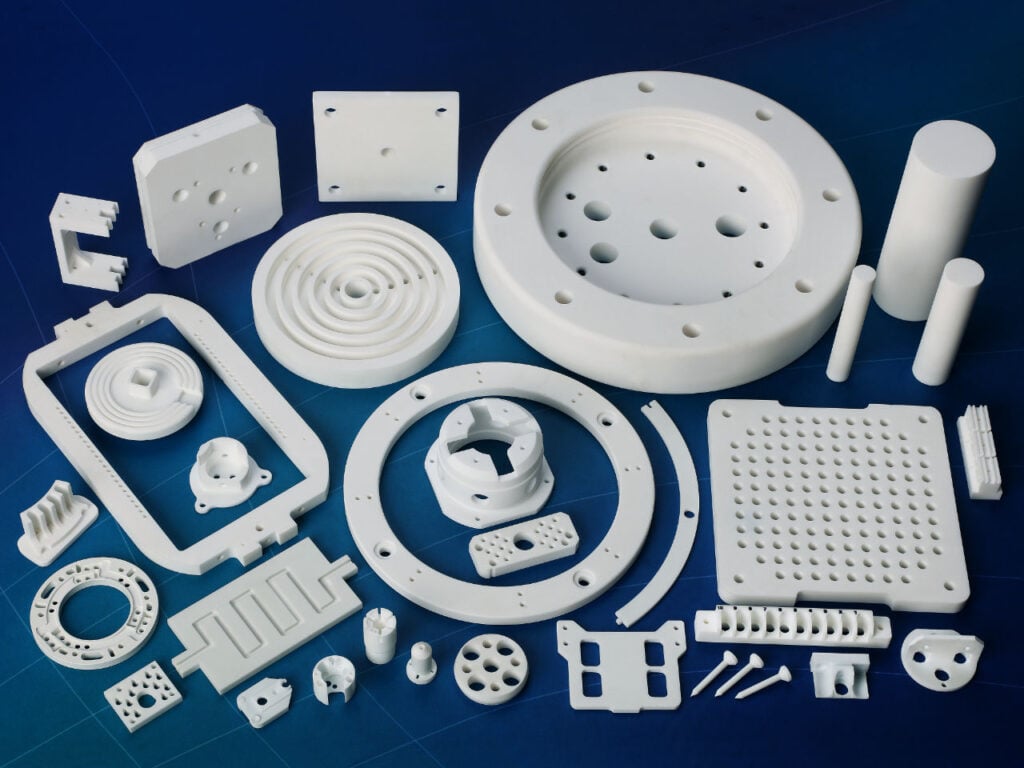
Macor
Machinable Glass Ceramic
Zirconia (ZrO2) – CeramaZirc™
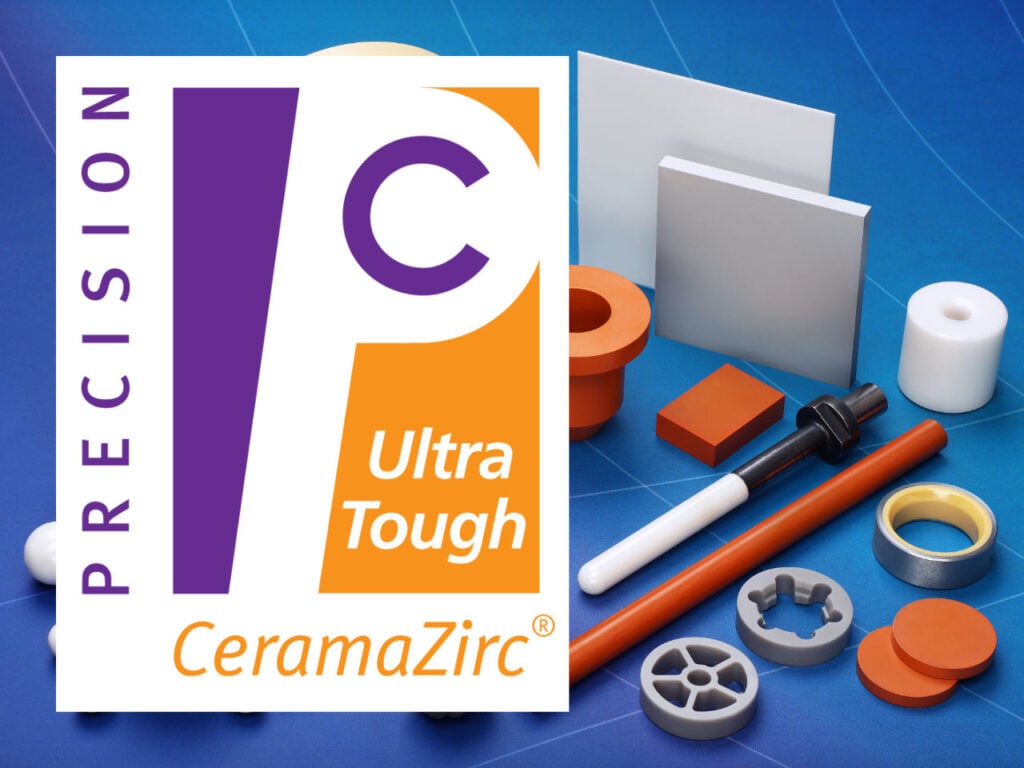
Zirconia
CeramaZirc Ultra Tough
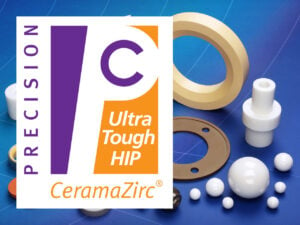
Zirconia
CeramaZirc Ultra Tough HIP
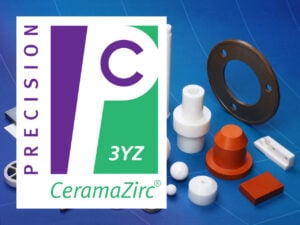
Zirconia
CeramaZirc 3YZ
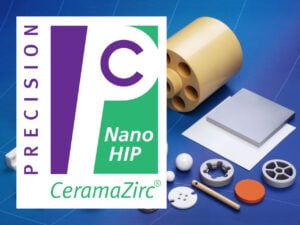
Zirconia
CeramaZirc Nano HIP
Zirconia Toughened Alumina (Zr-Al2O3) – CeramAlloy ZTA™
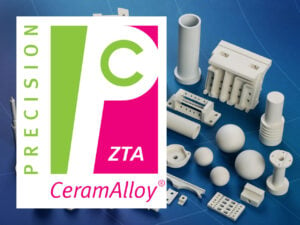
Zirconia Toughened Alumina
CeramAlloy ZTA
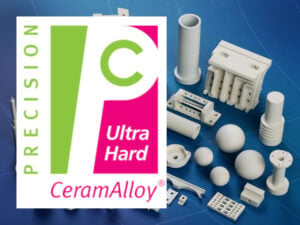
Zirconia Toughened Alumina
CeramAlloy Ultra Hard
Alumina Toughened Zirconia (Al2O3-Zr) – CeramAlloy ATZ™

Alumina Toughened Zirconia
CeramAlloy ATZ
Frequently Asked Questions
-
What are technical ceramics?
Ceramics, defined by the broad definition of “inorganic solids”, are one of the main classes of materials, along with metals, polymers, and composites. There are several different types of ceramics, with technical ceramics (also known as engineered ceramics or advanced ceramics) being the group with the highest performing mechanical, electrical, and/or thermal properties. Their high performance is due in part to their extremely high purities which are most commonly metal compounds combined with oxides, carbides, or nitrides. Ceramics have the ability to increase product lifespan, increase efficiency, reduce overall maintenance costs, and improve performance.
-
What are the advantages of technical ceramics?
High Hardness
One of the most common properties of engineered ceramics is extreme hardness (& stiffness) – some are more than 4 times harder than stainless steel. This high hardness directly translates into excellent wear resistance, meaning that many technical ceramics have the ability to keep their precise, high-tolerance finish much longer than any other material.
Extreme Compressive Strength
Technical ceramics have very high strength, however, this is only when compressed. For example, many technical ceramics can withstand extremely high loads ranging from 1000 to 4000 MPa. Titanium on the other hand, which is regarded as a very strong metal, only has 1000 MPa of compressional strength.
Low Density
Another common property of technical ceramics is their low density, ranging from 2 to 6 g/cc. This is significantly lighter than stainless steel (8 g/cc) and titanium (4.5 g/cc) with only the much softer aluminum being similar in density. Due to their high hardness and low weight, technical ceramics are increasingly being used in a variety of industries in applications where no other material can match their performance & long life.
Excellent Wear Resistance
Many technical ceramics are able to withstand incredibly high temperatures while still retaining their mechanical & electrical properties. Where all metals and polymers will start to compromise their properties, technical ceramics will continue to function with consistent performance and reliability. This property makes ceramics appropriate for use in very high temperature applications like furnaces, jet engines, brake systems, and cutting tools.
Excellent Electrical Properties
Technical ceramics tend to be excellent electric insulators (high dielectric strength). They are especially useful in high-temperature applications where other materials’ mechanical & thermal properties tend to degrade. Some ceramics have low electrical loss & high dielectric permittivity; these are typically used in electronic applications like capacitors and resonators. Additionally, the ability to combine an insulator with a structural component has lead to many product innovations.
Ultra-High-Temperature Ability
Technical ceramics can function in situations where no metal (or nearly any other material) can maintain their properties. Some ceramics can operate in temperatures in excess of 1750°C, putting them in a class of their own as ultra-high-temperature materials. These ceramics have proven to be invaluable in high-temperature applications like engines, turbines, & bearings where they have increased the lifespan, performance, and efficiency.
Thermally Conductive or Insulative
Different types of technical ceramic materials have wildly varying thermal properties. There are some ceramics (Aluminum Nitride) that are highly thermally conductive and are commonly used as heat-sinks or exchangers in many electrical applications. Other ceramics are much less thermally conductive, making them suitable for a wide range of applications.
Chemically Inert & Corrosion Resistant
Technical Ceramics are very chemically stable and have low chemical solubility, making them highly resistant to corrosion. Metals and polymers cannot offer the same inertness or corrosion resistance, making ceramics a highly attractive option in many commercial and industrial applications, particularly when wear resistance is also needed.
-
What are the drawbacks of technical ceramics?
Poor Shear & Tensile Strength
With all of these advantageous properties, you may be wondering why we do not see technical ceramics more frequently. This is due to a variety of reasons, but mostly because other types of strength are tensile and shear; this is where technical ceramics strength can be 15 times less than those of metals.
High Brittleness
Another issue that can arise with technical ceramics is that they can be very brittle due to their low ductility. This means that technical ceramics have very poor impact resistance. This property is caused by technical ceramics unique atomic bonds. Metals have “metallic” bonds which are relatively low strength, however, they can bond with atoms in any direction. This ability to have many multi-directional bonds is what makes metals ductile, tough, and relatively strong. Ceramics obviously do not have metallic bonds, instead they have ionic and covalent bonds – these are very strong, however they can only bond in very specific directions. This highly organized bonding structure means that it is difficult for the atomic structure to shift, making ceramics not malleable.
Difficult to Design
Every type of technical ceramic has specific thermal, mechanical, and electrical properties that can vary dramatically depending on the operating conditions & product design. In fact, even the manufacturing process of the exact same type of technical ceramic material can drastically change its properties.
-
Do you supply or work with other materials that are not listed on your website?
Precision Ceramics is unusual as we offer the full range of technical ceramics from machinable grades like Macor and Shapal through to materials that require diamond grinding like alumina, zirconia, carbides and nitrides. We can machine and supply virtually any ceramic material – please contact us with your specific requirements for more information. Our goal it to optimize the material selection and design for the customer, rather than what is right for our capability.
-
Can you help me with material selection and design of ceramics?
Yes we can. We have a competent team of technical sales staff with many years’ experience that can help you chose the right material. Whether it is for wear, thermal management, electrical properties, or something else, we can help you by designing an appropriate component for ceramic manufacture from simple suggestions to more complex solutions. Contact us with details of your application and one of our engineers will be happy to help you.

